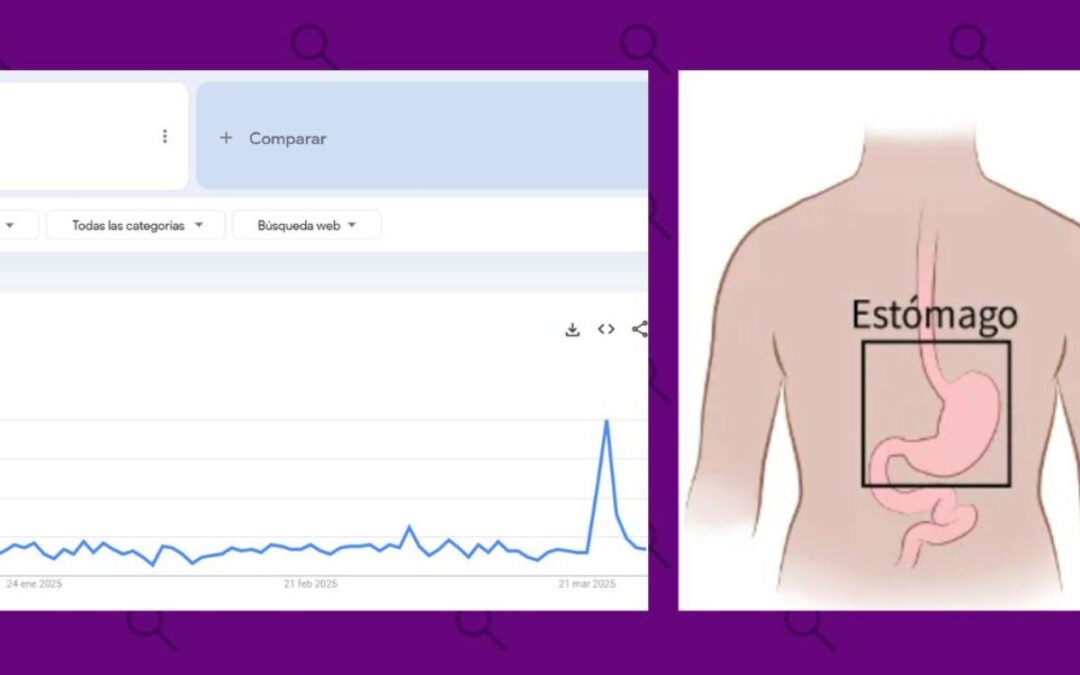
A photo illustration of Nevada Democratic US Sen. Jacky Rosen, left, and Republican challenger Sam Brown. (Photo credit: AP)
Brown’s opposition to government efforts to lower healthcare costs and expand access contrasts sharply with that of Rosen, his Democratic opponent, who was among the key votes in support of expanding programs that cap insulin and prescription drug prices for seniors.
More than 14 years have passed since former President Barack Obama signed landmark legislation into law that expanded health insurance access for millions of Americans — and although the proposal is as popular as it’s ever been, its legacy could ultimately be shaped depending on which party controls Congress following the 2024 election.
Since its passage in 2010, the Affordable Care Act (ACA) has been championed by Democratic leaders as the largest healthcare expansion since the inception of Medicare and Medicaid in the 1960s.
As of February, the law provides nearly 45 million Americans with health insurance. In Nevada, more than 470,000 people – roughly one in every seven people in the state – rely on the Affordable Care Act for coverage via its health insurance marketplace and Medicaid expansion program, according to data from the US Department of Health and Human Services.
Despite its impact on the country, the law has long been a source of partisan battle.
While Democrats have long defended Obama’s signature achievement and the Biden-Harris administration approved more generous subsidies for ACA marketplace health plans through the Inflation Reduction Act, Republicans in Congress have voted dozens of times over the years to repeal the ACA.
Former President Donald Trump also vowed, but failed, to “repeal and replace” the ACA during his first term.
Still, the future of the ACA could once again be jeopardized should Trump, the presumptive Republican nominee, win a second White House term in November. During his campaign, Trump has suggested he might try to replace the ACA again if he wins. Project 2025 — a sweeping document written by conservative groups and former advisers to Trump that could act as a roadmap to achieving Trump’s second-term policy objectives — also calls for a massive overhaul to how Medicaid is funded.
Currently, the federal government covers a fixed share of states’ Medicaid costs, with no aggregate limit. But under Project 2025, the federal funds would be converted to block grants — a fixed amount of funding that is capped, even if enrollment grows or healthcare costs increase.
As a result, such a change would serve to make significant cuts to federal Medicaid spending, which would force states to spend substantially more to make up the difference, cover fewer people, cut benefits, or lower payment rates to medical providers.
Many Republicans running for Congress also have records of opposing the ACA. During an unsuccessful run for the Texas statehouse in 2014, Sam Brown, who is now the GOP challenger to Nevada Democratic incumbent US Sen. Jacky Rosen, said the ACA should not be adopted in “any way shape or form.”
An archive of Brown’s 2014 campaign website shows Brown promised he would “work closely with our conservative leadership to resist the expansion of Obamacare in Texas.” Brown’s campaign website for this year’s race takes aim at the ACA as well:
“Politicians have allowed bureaucrats to write healthcare laws, like Obamacare, that flood the marketplace with regulations — starving it of options — while driving up costs and lowering access to quality coverage,” Brown states under the healthcare section of his website’s “issues” section. “We need conservative leaders who understand that competition — not government — drives medical innovations that lead to better care and lower costs.”
Prior to his candidacy, Brown, a retired US Army Captain, owned a business that helped deliver prescription medication to veterans. He told The Nevada Independent last year the private sector could help patients faster than what the ACA allowed for.
Brown has also been a vocal opponent of the Inflation Reduction Act (IRA), a key piece of President Joe Biden’s legislative agenda that included provisions that allowed the federal government to negotiate with pharmaceutical companies to lower the price it pays for certain prescription medications for Medicare recipients.
The law also capped insulin at $35 per month for Medicare recipients, as well as a yearly $2,000 limit of on senior prescription medications — which together, Biden said, will save individuals hundreds of dollars each year on average while also reducing the federal deficit by up to $160 billion.
“The Democrats may chalk this up as a win for their side, but it’s a big loss for the American people,” Brown told the Indy in 2023. “More regulations and more government control only lead to less innovation and fewer new drugs and therapies being available to the public — so regulations actually reduce access for Nevadans and Americans.”
Brown’s stance contrasts sharply with that of Rosen, who in 2017 voted against Republican attempts to appeal the ACA while serving as a representative in the US House and was among the key votes in support of the IRA’s passage as a senator in 2022.
“This new law will usher in a new era of increased access to and affordability of lifesaving prescription medication for Nevada seniors, and because private insurance often follows Medicare, the new negotiation authority included in the bill could end up lowering prescription drug costs not only for seniors but for all families,” Rosen said during a 2022 event, shortly after the IRA was signed into law.
Rosen also fought to include funding for a new veterans’ hospital in Reno in last year’s budget. Rosen has further joined Democratic colleagues in advancing proposals to codify access to abortion and birth control at the federal level, and has pushed for expanding healthcare access in the mostly rural swaths of northern Nevada as well.
Repealing the ACA through Congress would likely require Republican majorities in the House and Senate, but any meaningful change to the program through executive action or otherwise could affect nearly half-a-million people in Nevada.

Back to school: Southern Nevada Health District encourages early school immunizations
As the 2025-2026 school year approaches, the Southern Nevada Health District is urging parents and guardians to vaccinate their students early to...

Recortes en servicios de idiomas en hospitales podrían resultar en errores
Recortes en servicios de idiomas generan temor a errores médicos, diagnósticos equivocados y muertes Si sólo tienes unos segundos, lee estas líneas:...

A Las Vegas Democrat introduced a bill that would expand Medicaid coverage for vasectomies
The roughly 800,000 Nevadans who get their health insurance through Medicaid could soon see expanded coverage for contraceptive care, if one bill...

It’s up to us to stop GOP attacks on healthcare access and affordability
As Chair of the Senate Health and Human Services Committee, I think about healthcare access every single day—because for many Nevadans, it’s not a...

Cáncer gástrico: Hispanos en EE. UU. tienen el doble de riesgo que los blancos no hispanos
Por Isabel Rubio, FACTCHEQUEADO Qué sabemos sobre el cáncer gástrico y por qué los hispanos en EE. UU. tienen el doble de probabilidades de ser...

As AI nurses reshape hospital care, human nurses are pushing back
By MATTHEW PERRONE AP Health Writer The next time you’re due for a medical exam you may get a call from someone like Ana: a friendly voice that can...





